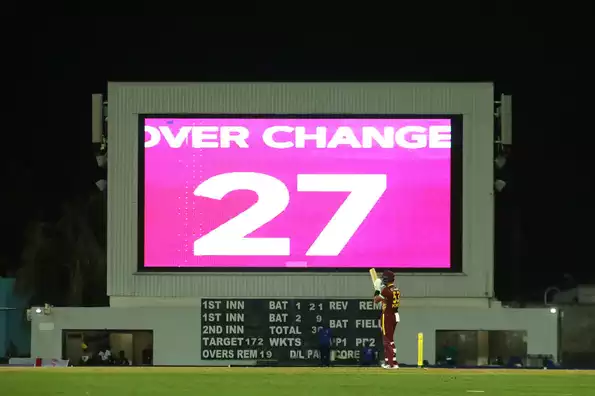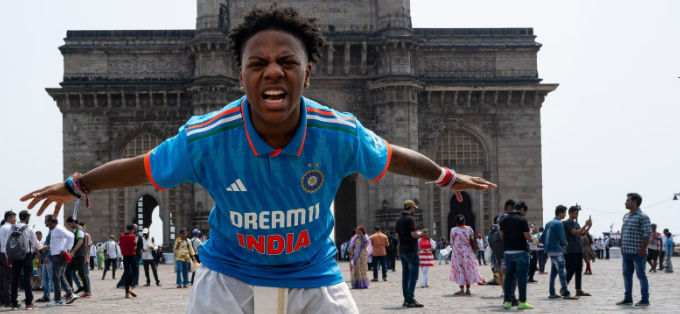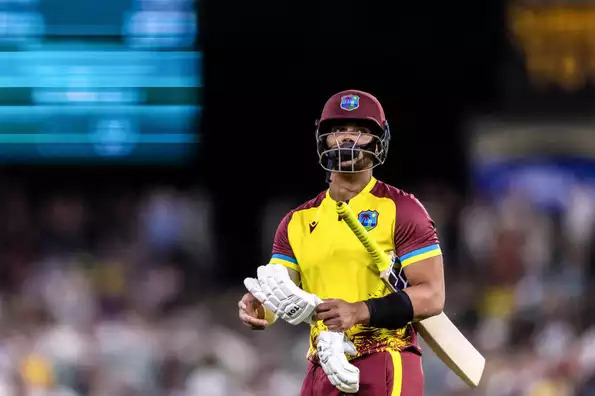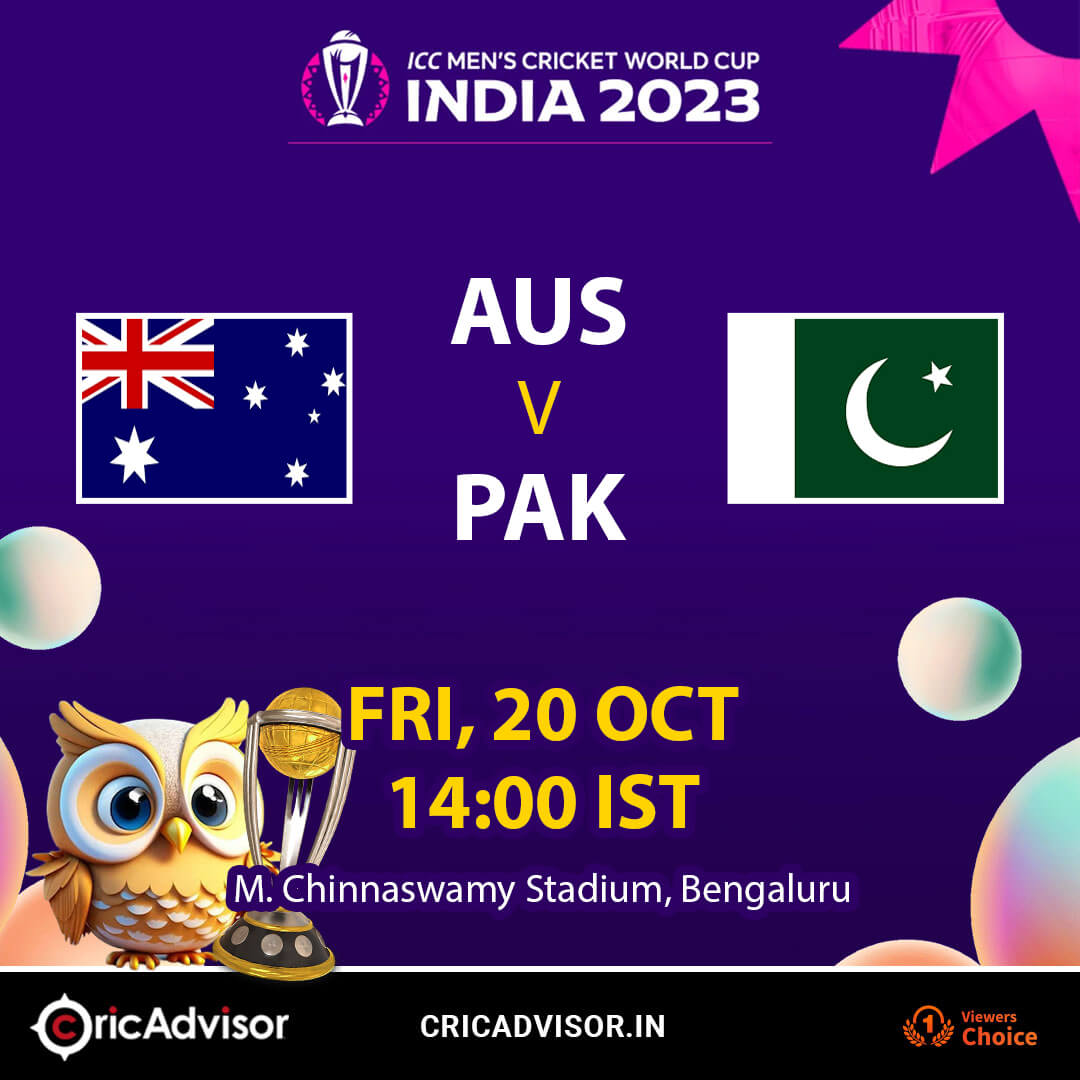
The stop clock rule, which is now being trialled, is expected to become a permanent component of international cricket, with its application during the forthcoming T20 World Cup in June approved. The International Cricket Council (ICC) introduced this rule on an experimental basis last December, and it will now be incorporated into the game’s normal playing conditions.
This rule, which requires the display of an electronic clock between overs, will apply to all white-ball cricket, including One-Day Internationals. It goes without saying that the major goal is to guarantee that the matches are completed on schedule.
According to the rule, the fielding side will have 60 seconds between overs and must start the following over before the countdown hits zero. This 60-second countdown will take place between each over of a T20I or ODI, with fines for each infraction.
The obligation for enforcing this regulation falls on the umpires, with the third umpire activating the timer. The on-field umpires will give the fielding side two warnings before applying a five-run penalty for a third offense or any subsequent violation. The umpires make the option to employ the timer, and they also determine whether delays are caused by batsmen, DRS calls, or other unforeseen events.
The rule was initially implemented by the ICC in December 2023. The trial period is scheduled to finish in April, but the ICC and its cricket committee are thought to have found merit in making the rule permanent. It will now be a standard regulation for all ICC white ball matches.
The rule was accepted during the ICC’s current series of meetings in Dubai.
The ICC Board and the all-powerful IBC Board of the ICC will meet on Friday. CricAdvisor understands that no discussions about the Champions Trophy have taken place thus far. Whether the board members would discuss the topic is of interest, particularly given Pakistan’s designation as tournament host and India’s projected refusal to tour the country, resulting in a hybrid setup for last year’s Asia Cup.










